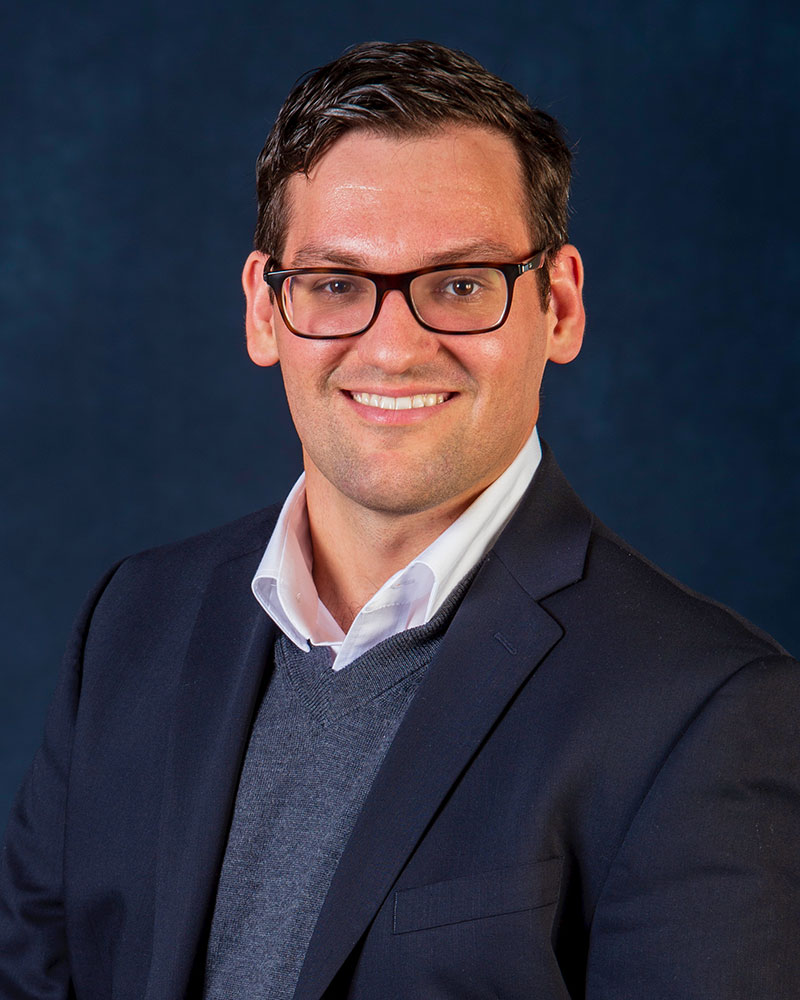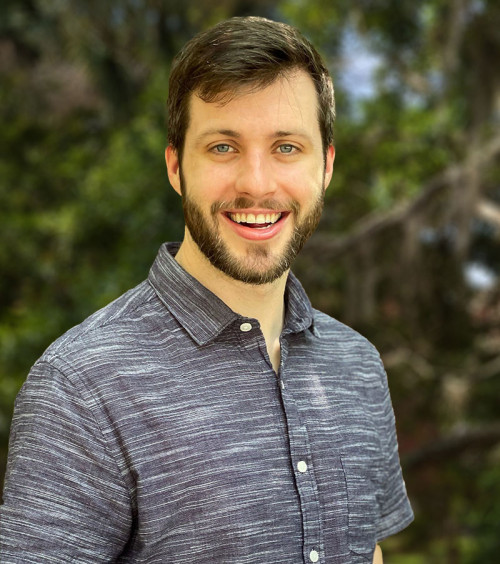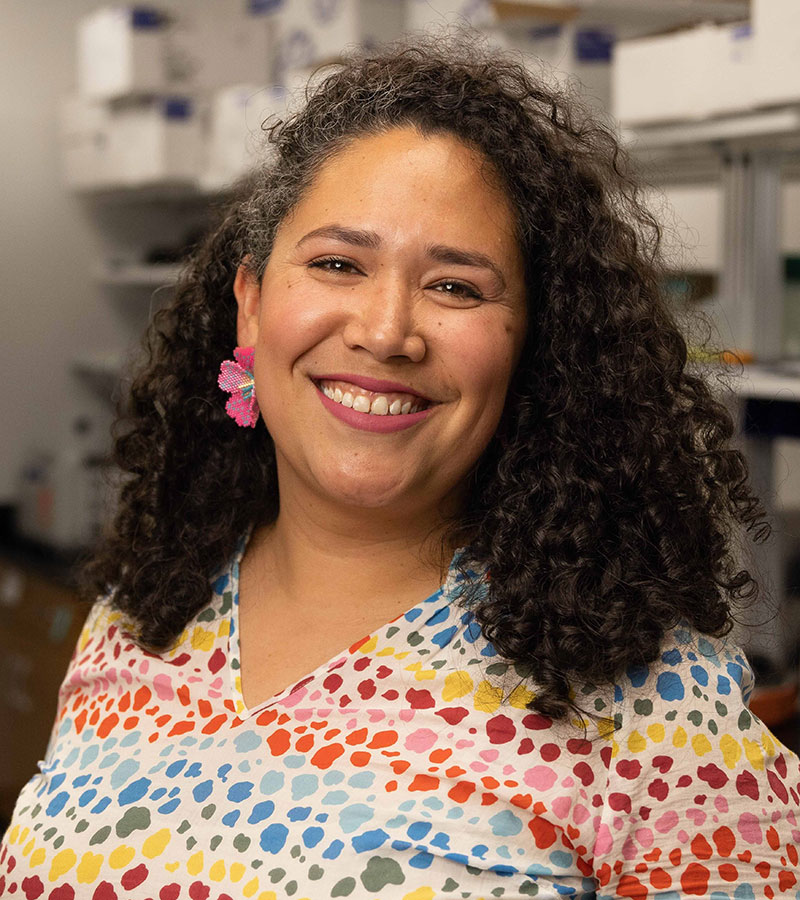The Academy of Science, Engineering and Medicine of Florida has recognized three University of Florida assistant engineering professors as 2025 Rising Stars.
James Fairbanks, Ph.D., Patrick Musgrave, Ph.D., both of Mechanical and Aerospace Engineering, and Ana Maria Porras, Ph.D., of Biomedical Engineering, were recognized at ASEMFL’s annual meeting in November. They were among 22 honorees selected from a nomination list of 168.
“We are proud to recognize these Florida scholars for their early career innovations, accomplishments and significant impacts in sciences, engineering and medicine,” said ASEMFL President Hortensia Amaro.
James Fairbanks

Fairbanks specializes in computational science and engineering, computational mathematics, numerical methods and high-performance computing. His research focuses on using mathematical modeling and numerical methods to address challenges in scientific computing and data-driven engineering.
He works with UF’s GATAS lab, which supports software-focused research in the AlgebraicJulia Ecosystem. He collaborates at National Institute of Standards and Technology, Air Force Research Laboratory and the Topos Institute.
The ASEMFL recognition, he said, carries significance because it is recognition from scientific peers. “It means a lot,” Fairbanks said.
Patrick Musgrave

Before arriving at UF, Musgrave served as a research scientist at the U.S. Naval Research Laboratory in Washington, D.C. At UF, he leads the Fluids and Adaptive Structures Lab, which focuses on structures that can think and respond to their fluid environment. His work has been supported by Air Force Office of Scientific Research (AFOSR), National Science Foundation and the U.S. Department of Energy.
He has won the AFOSR Young Investigator award and an NSF CAREER award.
“I’m honored and excited to be named a Rising Star by ASEMFL,” Musgrave said. “I look forward to interacting with ASEMFL and national academy members to help advance science and engineering in Florida.”
Ana Maria Porras

At UF’s Biomedical Engineering department, Porras leads the Tissue-Microbe Interactions Lab, which engineers models of disease to study how microbes remodel the extracellular matrix, a dynamic network that guides cell behavior in human tissues.
Her work focuses on conditions linked to the gut microbiome, cardiovascular disease and tropical infections. She also researches evidence-based and multilingual approaches to broaden public engagement with science.
